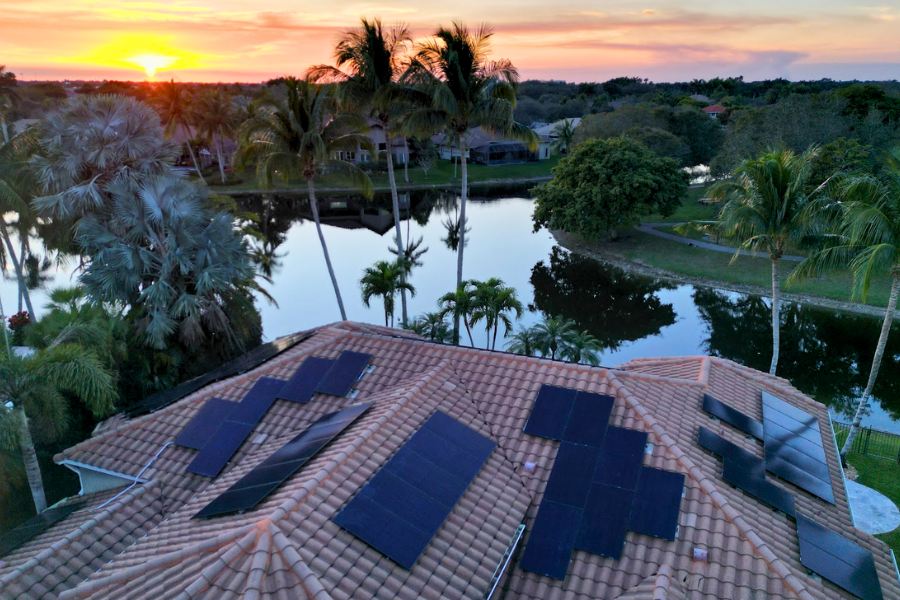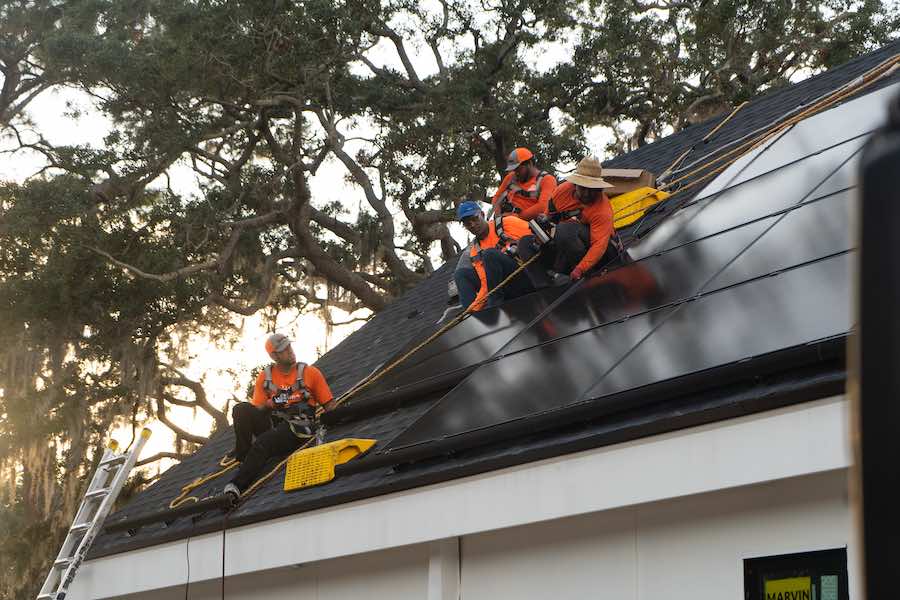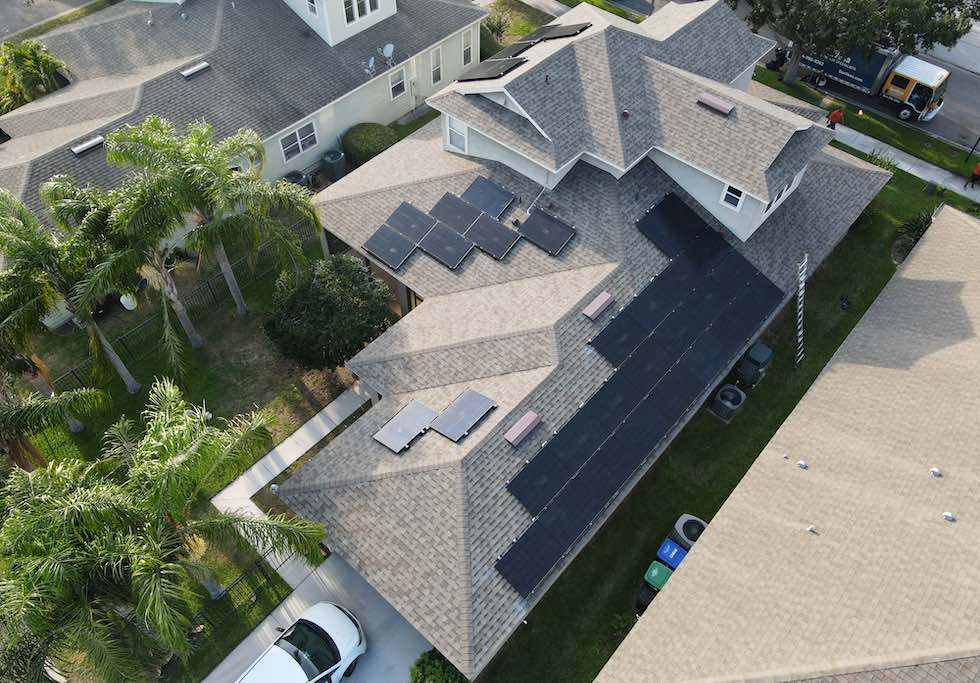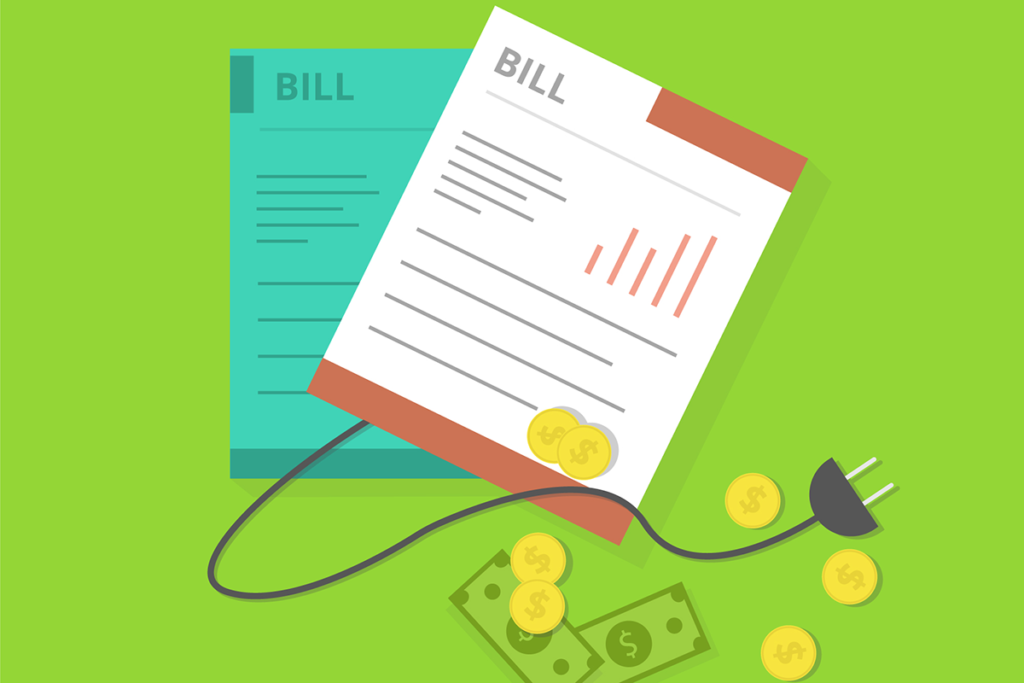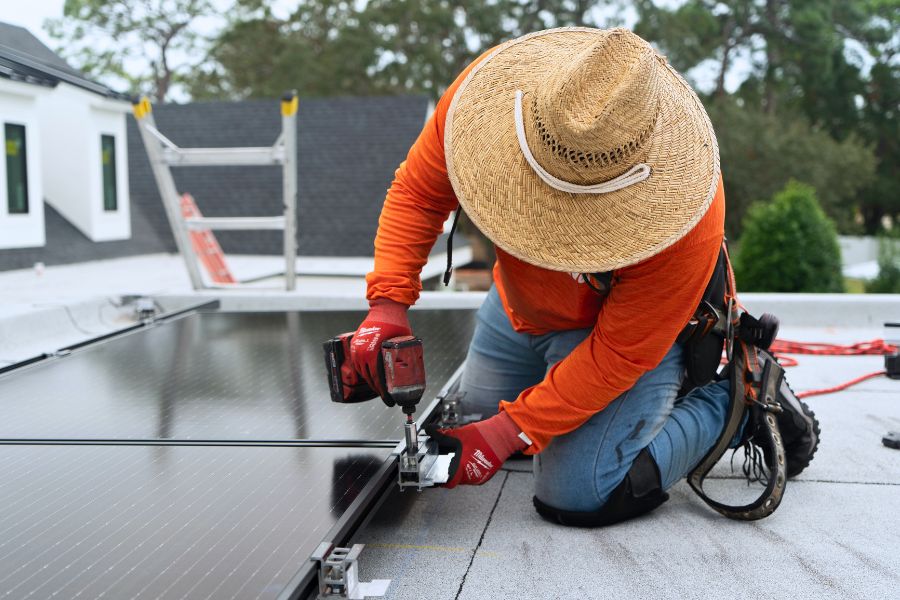
The “One Big Beautiful Bill Act” (OBBB Act) is now law, driving a significant and accelerated shift for residential solar in the United States. As previously highlighted, this legislation, signed into law on July 4, 2025, affects how homeowners can utilize federal incentives for solar energy, particularly the popular 30% Residential Clean Energy Credit. The message for Florida homeowners, and indeed those across the nation, remains clear and urgent: The window to claim this substantial federal tax credit is rapidly closing.
The initial reports correctly identified that the 30% federal Residential Clean Energy Credit (Section 25D), which directly benefits homeowners who purchase solar systems (whether with cash or a loan), is terminated at the end of 2025. This means any system installed, inspected and activated on or after January 1, 2026, will not qualify for this credit. The previously anticipated gradual step-down through 2034 has been scrapped, creating a hard and fast deadline.
This accelerated timeline is set to create a surge in demand in the coming months. With typical installation processes taking anywhere from 3 to 10+ weeks, homeowners considering a solar purchase must initiate the process without delay to ensure their systems are fully operational by December 31, 2025. Simply signing a contract before the deadline won’t suffice. Your system must be placed in service before 2026 to qualify.
A Nuance for Leases and PPAs: Not All Credits are Gone
While the direct homeowner tax credit is indeed sunsetting, there’s a crucial distinction for residential solar systems financed through leases or Power Purchase Agreements (PPAs). Unlike earlier proposals that aimed to eliminate federal credits for these models, the final OBBB Act maintains their eligibility under Section 48E of the Clean Electricity Investment Credit.
This means that the companies offering these lease or PPA arrangements can still claim a federal tax credit, which is then typically passed on to homeowners through lower monthly payments. However, this continued eligibility comes with new conditions and deadlines:
- Placement in Service: Projects that begin construction more than one year after the bill’s enactment (i.e., after July 4, 2026) must be placed in service by December 31, 2027, to qualify for the 48E credit. Projects that commence construction by July 4, 2026, have a more lenient four-year window for completion.
- Foreign Entity of Concern (FEOC) Restrictions: New requirements will begin to phase in for projects starting construction in 2026, dictating that a significant percentage of manufactured products must originate from non-prohibited foreign entities. This adds a layer of complexity to supply chains and sourcing.
- Domestic Content Bonus: The OBBB Act also adjusts the domestic content bonus for the 48E credit, with increased percentage requirements for US-made components phasing in, starting with a 45% adjusted percentage for construction beginning after June 16, 2025, and before January 1, 2026.
Crucially, energy storage installations (batteries), regardless of whether they are paired with solar, will continue to receive the full Section 48E tax credit. This may encourage a shift in the residential solar market towards integrated solar-plus-storage solutions, potentially with distinct financing options for battery-only installations.
The Sunshine State is Still Advantageous for Solar
Even with the federal tax credit changes, Florida homeowners still benefit from strong state-level incentives that make solar a smart investment. These include:
- 100% Property Tax Exemption: Solar installations will not increase your home’s assessed value for property tax purposes.
- State Sales Tax Exemption: No sales tax is charged on the purchase of solar equipment.
- Net Metering: Florida utilities are still mandated to credit customers for excess solar energy fed back into the grid, helping to reduce monthly utility bills.
The Bottom Line:
The passage of the One Big Beautiful Bill Act creates a definitive timeline for homeowners looking to capitalize on the 30% federal tax credit for purchased solar systems. For those considering ownership, the countdown to December 31, 2025, is paramount. While leased systems and PPAs retain federal credit eligibility for a longer period, they are now subject to new construction deadlines and sourcing requirements.
For Florida homeowners, the state’s continued support for solar energy, combined with the rapidly expiring federal incentive for solar purchases, makes acting now a financially prudent decision. Don’t miss this final chance to secure significant savings and accelerate your return on investment in clean energy.
